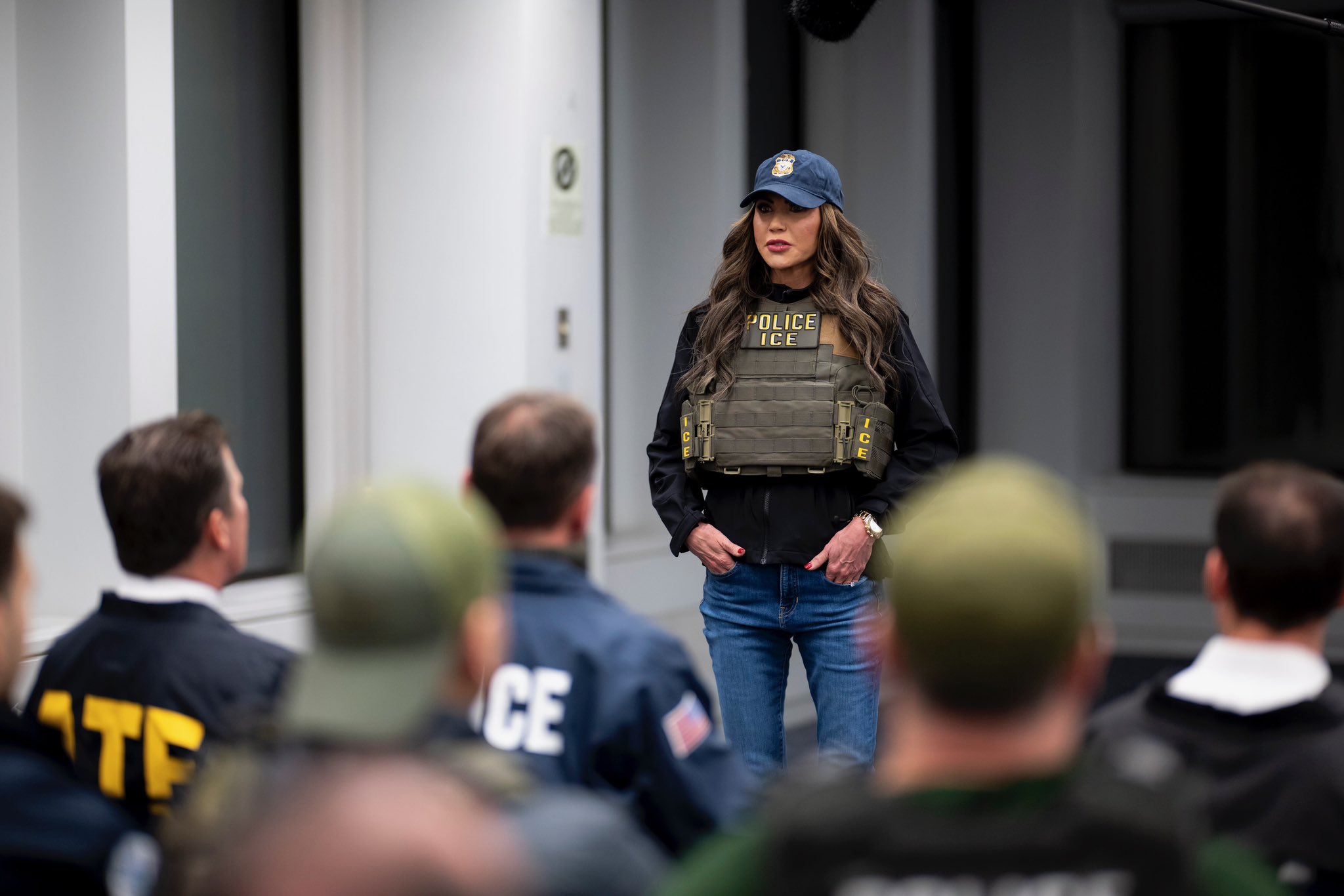The Lawfare Podcast: How the Impeachment Trial Ends
Published by The Lawfare Institute
in Cooperation With

The second impeachment trial of Donald J. Trump is now over. It ended with a roar and then a whimper, and then a little bit of a roar again, as seven Republicans joined all of the Democrats to convict the former president. It wasn't enough, as the Senate needed 67 votes to convict and it only had 57, but it made a statement of sorts—or did it? To discuss the impeachment trial, its weird ending and where it fits in with the effort to hold Donald Trump accountable, Benjamin Wittes sat down with Lawfare managing editor Quinta Jurecic, Lawfare chief operating officer David Priess, senior editor Scott R. Anderson and congressional guru Molly Reynolds. They talked about how the impeachment trial ended, what it meant that the Senate voted to call witnesses and then didn't bother, how to interpret the Senate's performance overall in the second impeachment trial and what the options are now that Donald Trump is a private citizen facing potential civil litigation, as well as criminal investigations and a possible 9/11-style commission.










